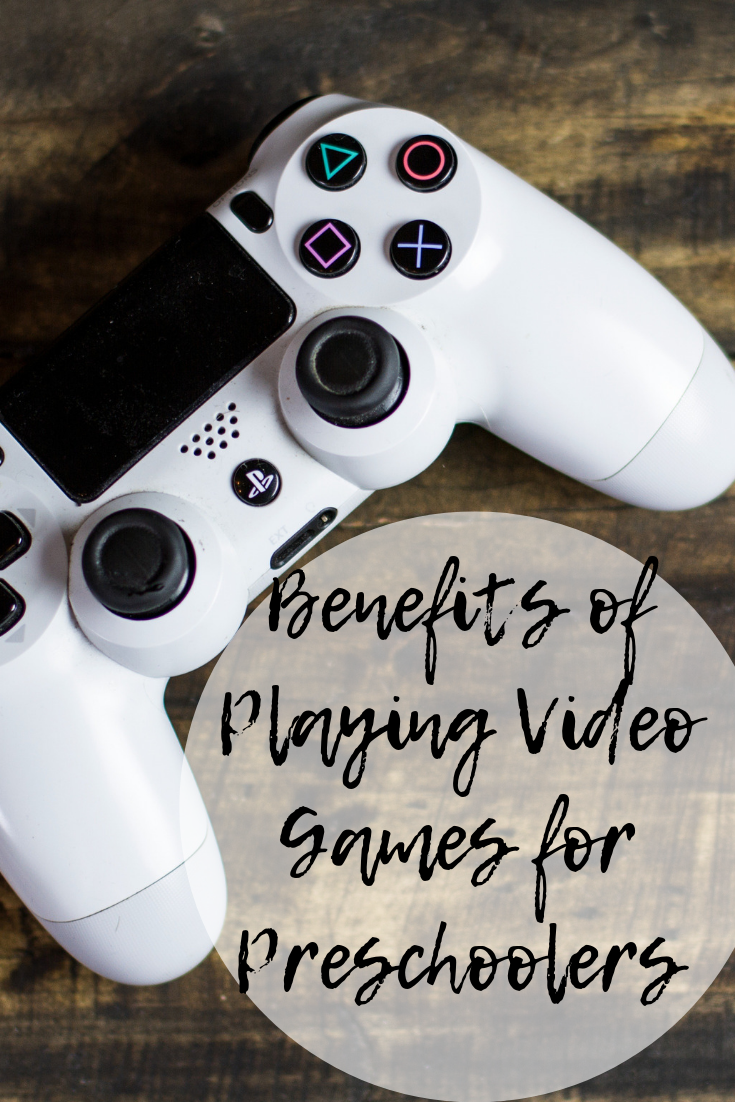
There was a time when parents looked at video games with a worried face and dark thoughts in mind. Their main worry was that exposure to such an environment would encourage the children to stay indoors more, exercise less, and become prone to violent behavior.
But, new generations of parents, the ones who grew up with more modern video games and maybe less restrictive parents, know a different story. They know that kids who play video games have a lot of fun, are less socially awkward, and can manage difficult situations a lot better than the kids who have their video games time heavily regulated.
Moreover, recent studies show that parents who allow video games can help their children improve their childhood experience and become better adults.
But, if you’re still not convinced, have a look at the many benefits of experiencing the virtual worlds from an early age.
Develop Problem-Solving Skills
Most games have their player go through hoops in order to get to the end. Each level is sprinkled with challenges that require negotiation, exploration, discovery, and a sense of adventure. Practically, the kids get to learn how to solve problems without the help of adults, and they do so on their own terms, using the tools and resources at their disposal.
As such, they learn to be independent and solve problems. So, when one arises in real life, they will be mentally prepared to face it.
Promote Creativity
Most games for kids use vivid colors and funny characters that can be customized (clothes, hair, general appearance, and more). They also encourage kids to think out of the box and find ingenious solutions, a thing that’s rarely allowed in the real world where they can get hurt.
Better Coordination
While your kids may not want to play football or baseball outside, they may get the same benefits from playing their favorite racing game.
The important thing to know about video games is that they don’t just have the player sit in front of the screen, as a passive party (like it happens with TV). The player is part of the action and he/she must make decisions and perform activities.
While these activities may be virtual, they employ the same brain sensors and centers as the real activities would (a phenomenon called simulation-based learning). As such, kids (and adults) who play video games, get to work on coordinating their visual, audial, and physical movement.
Improved Attention and Concentration
Games are structured in such a manner that they catch players’ attention throughout the entire session.
For instance, the well-known series of browser games called Fireboy and Watergirl (find Fireboy and Watergirl games on CrazyGames) will capture a kid’s attention through gameplay, various rewards, and different scenery that upgrades as the game progresses.
Super Mario is another series that we all know and love that kept us glued to the gaming console until we finally reached princess Peach and saved her. While the action was in 2D and on a horizontal plane, we loved playing with the Italian plumber for hours because the game kept adding challenges.
As a result, children will be able to stay focused for longer periods of time, which will be useful later on, in school and at work.
Video games are the modern way of entertainment and the fact that they bring so many complex challenges in your kids’ lives will only help them understand the real world at a different pace than we did.
So, don’t block their access to this wonderful world! Make sure they are only exposed to appropriate content and let them enjoy the adventure!





Leave a Reply